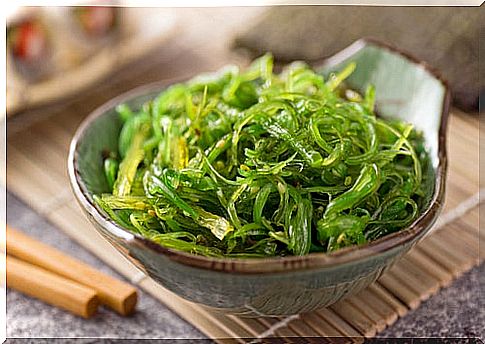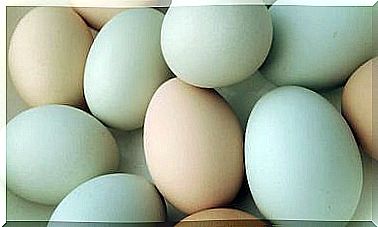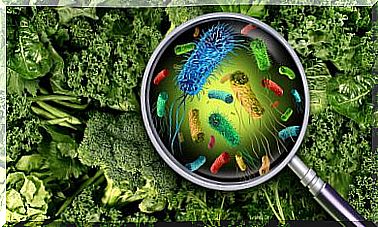What Are The Health Benefits Of Seaweed?
Seaweed is a rare type of food in the West. However, many people have included them in their diet, given the particularity of their flavor, their ease of preparation and also, because of their fiber content.
As long as they are incorporated in moderation, within a balanced diet, seaweed can help us maintain variety in our menu, without promoting imbalances. However, when they are incorporated as a meal replacement or when they are consumed in excess is when problems can arise.
Nutritional components of algae

According to an article published in the Chilean Nutrition Magazine, entitled: “Nutritional and healthy properties of seaweed and its potential as a functional ingredient”, the mineral content is high and includes: sodium, potassium, phosphorus, chlorine, among others . However, the composition of algae varies depending on the variety.
Not all algae are the same because they do not all grow at the same depth, nor do they have the same exposure to the sun’s rays. However, it can be said that in general terms they contain:
- Carotenoids, such as lutein and zeaxanthin.
- Flavonoids, such as catechins.
- Phenolic acids, such as tannins.
- Vitamins, such as C and E.
- Wakame and Nori algae contain phytosterols.
In general terms, the authors of the article affirm that the algae would be a good source of fiber and that they would have some antioxidant capacity. For this reason, research continues on its bioactive compounds to improve and create new drugs that allow treating inflammation, among other issues.
Vitamins and minerals from algae

- Vitamin A is found in Dulse and Nori algae.
- Vitamin B2, is found in Dulse, Nori and Kelp algae.
- Vitamin B5, is found in Wakame seaweed.
- Vitamin B9 is found in algae in general.
- Vitamin C is found in Dulse and Nori algae.
- Vitamin K is found in all algae in general, except Nori algae.
- Copper, found in Dulse Nori and Wakame, Kelp and Kombu algae.
- Iron is found in Kelp, Kombu, Wakame, Dulse, and Nori algae.
- Manganese is found in Dulse, Nori, Wakame, Kelp and Kombu algae.
- Magnesium is found in Kelp, Kombu and Wakame algae.
- Calcium is found in Kelp, Kombu and Wakame algae.
- Phosphorus, found in algae Wakame.
- Zinc, found in Kelp, Kombu, Dulse and Nori algae.
Although in eastern countries, such as Japan, its consumption is carried out on a regular basis, caution must be exercised when imitating this. As the biochemist JM Mulet points out: ” the Japanese have an intestinal flora capable of digesting algae and eliminating excess iodine, therefore, the same algae in a Japanese do not cause the same effect in a European.” Keep in mind that they have been consuming them for centuries, while in the West, this type of food is still a novelty.









